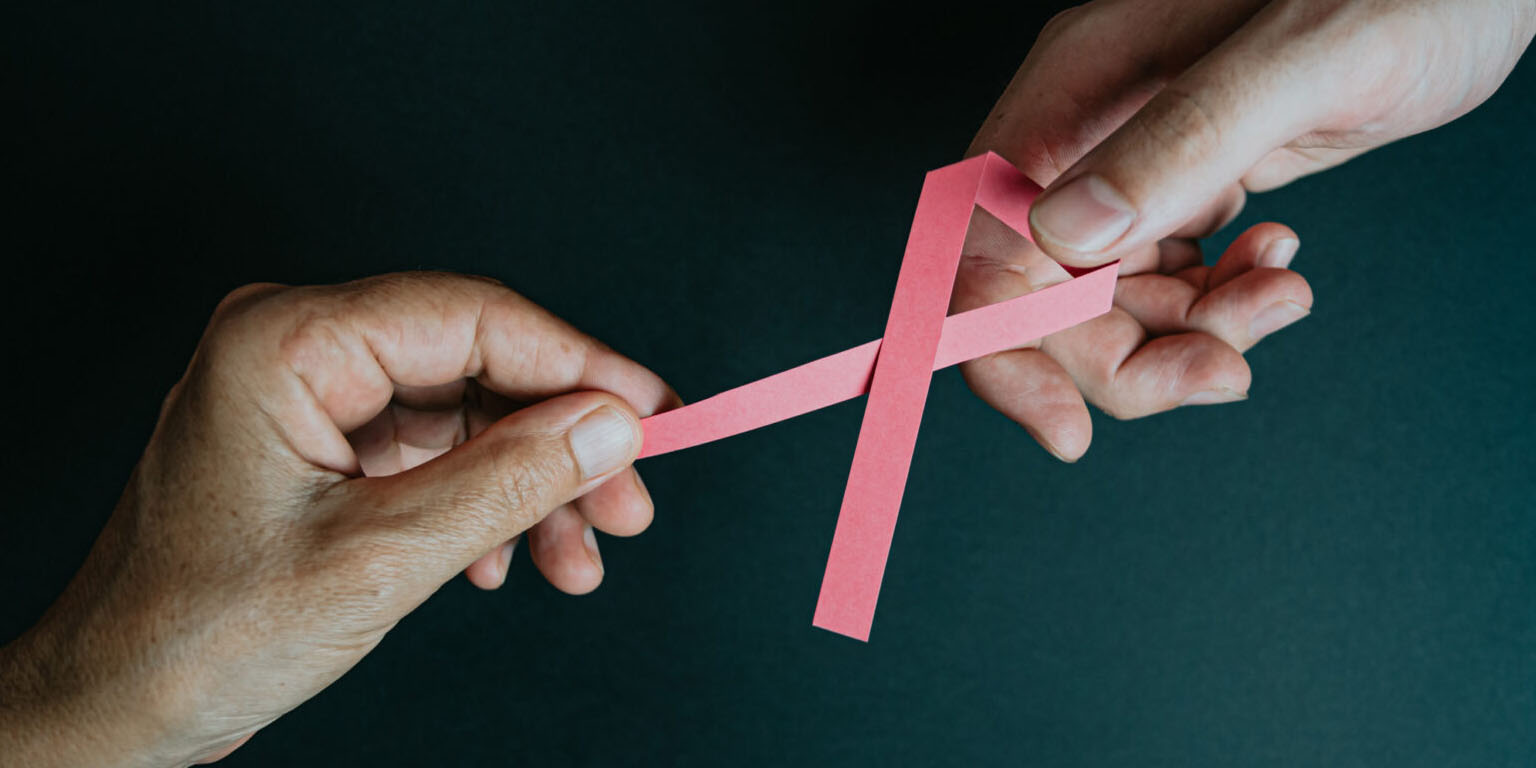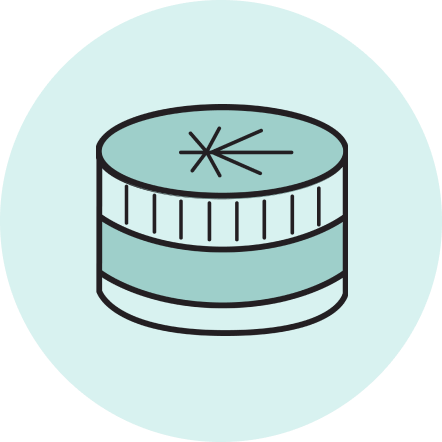Cannabis has been gaining attention for its potential role in the treatment of various medical conditions, including several types of cancer. Breast cancer, one of the most common and devastating forms of cancer among women, has been at the forefront of this search since the 1990s. While cannabis is by no means a miracle elixir, it’s essential to explore its current state as a potential treatment for breast cancer and the progress being made in this field.
Understanding Breast Cancer
Before delving into the cannabis research, it’s imperative to understand breast cancer. Breast cancer develops when cells in the breast tissue grow abnormally, and can be influenced by genetic, hormonal, or environmental factors. Early detection and treatment are key to improving survival rates, but current therapies, like chemo- and hormone therapy, often come with severe side effects.
Cannabinoids and Breast Cancer
Cannabis contains over 100 cannabinoids, with the two primary compounds being cannabidiol (CBD) and delta-9-tetrahydrocannabinol (THC). Some research shows that the activation of CB receptors by cannabinoids in the endocannabinoid system can aid as an antitumorigenic (NIH Source). However, researchers are still exploring how these compounds interact with the body’s endocannabinoid system:
THC: May alleviate pain by reducing chemotherapy-induced nausea, stimulating appetite, and has been displayed as potentially inhibiting cancer cell growth in preclinical studies.
CBD: May provide relief for breast cancer patients by reducing pain, anxiety, and inflammation. While research is ongoing, CBD’s potential benefits make it a topic of interest in the management of breast cancer symptoms and side effects.
Research Progress
While promising, cannabis research for breast cancer is still in its early stages, since research on the topic didn’t begin until the 90s. Several clinical trials and studies are underway by organizations like the American College of Physicians and the National Cancer Institute, to better understand the potential benefits and risks. Some notable developments include:
- Phase I/II Clinical Trials: These trials are evaluating the safety and efficacy of cannabinoid-based treatments for advanced breast cancer. Here, researchers are focusing on specific formulations and dosages, and how safe the treatment is.
- Combination Therapies: Researchers are investigating how cannabis compounds can complement existing breast cancer treatments, potentially enhancing their effectiveness while reducing side effects.
- Hormone Receptor-Positive Breast Cancer: Some studies are exploring the interaction between cannabinoids and hormone receptors in breast cancer cells, particularly in hormone receptor-positive cases.
Challenges and Considerations
While cannabis shows promise, several challenges and considerations must be addressed:
- Lack of Standardization: Cannabis strains vary widely in their chemical composition, making it challenging to determine which strains are most effective for breast cancer treatment.
- Regulatory Hurdles: Due to conflicting federal and state cannabis regulations, researchers may not be able to access products that are legal in their state. Legal and regulatory restrictions leave researchers to navigate a complex landscape of laws and regulations.
- Safety and Side Effects: The long-term safety of cannabis as a treatment for breast cancer is not well understood, and the combination of cannabis and prescribed cancer treatments requires careful monitoring of side effects by a doctor.
The current state of cannabis research as a potential treatment for breast cancer is filled with promise and potential. While there’s still much to learn through research, preliminary findings suggest that cannabis compounds may offer benefits in managing symptoms, alleviating pain, and potentially influencing cancer cells. However, patients and healthcare providers should approach cannabis with caution, seeking guidance from medical professionals and staying informed about the latest research developments. With ongoing studies and increased awareness, we may one day unlock the full potential of cannabis in the fight against breast cancer.






